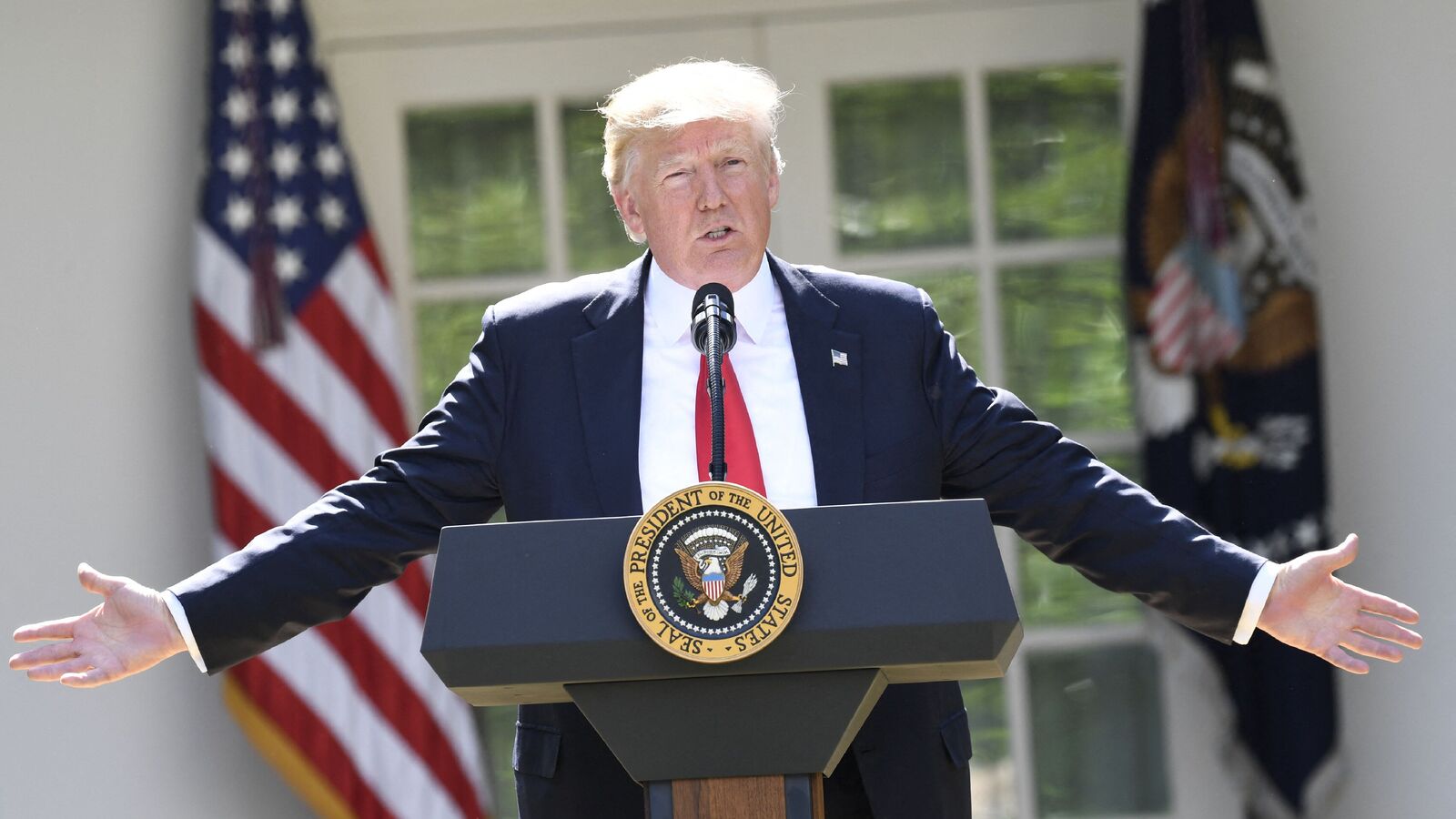In his inauguration speech Donald Trump promised that, in his administration, “we will not forget our constitution.” Before the day was over, Mr Trump had signed an executive order that, if implemented, would apparently end birthright citizenship, which is guaranteed by the 14th Amendment to the constitution. According to the plain text of the amendment, “all persons born or naturalised in the United States, and subject to the jurisdiction thereof, are citizens of the United States.” It doesn’t mean what it appears to mean, Mr Trump claims.
Under Mr Trump’s order, from next month the federal government will refuse to issue “documents recognising American citizenship” (presumably passports) to newborns unless they have a parent who is either a citizen or a permanent resident of the United States. Children born in America to unauthorised immigrants would thus be excluded. But so too would those of around 3m people living in America on exchange, work or student visas.
Relatively few rich countries automatically extend citizenship to everyone born on their territory (though Canada does, as do most countries in Latin America). America started doing so at the end of the civil war. The constitution was amended then to overturn the Dred Scott decision of 1857, which held that black people were not Americans. The 14th Amendment ensured that freed slaves and their children would henceforth be citizens.
The Trump administration’s argument is that the 14th Amendment “has never been interpreted to extend citizenship universally to everyone born within the United States”. Narrowly speaking, this is true. The American-born children of foreign diplomats, who have immunity from prosecution, have always been excluded from American citizenship, under the clause about jurisdiction. Until the passage of the Indian Citizenship Act in 1924, so too were some native Americans. But Mr Trump seems to think the jurisdiction clause allows him to exclude far more people.
To justify this he draws on fringe thinking, which has gained adherents on the right since the early 1990s. Republican representatives in Congress have repeatedly introduced laws ending birthright citizenship, though none has got out of committee, notes Peter Spiro of Temple University in Philadelphia. The argument made is that when the framers of the amendment wrote “jurisdiction” what they in fact meant was “allegiance”. This “just looks reversed-engineered”, says Mr Spiro.
Since 1898, when United States v Wong Kim Ark was decided by the Supreme Court, American law and practice has held that birthright citizenship applies to the children of foreigners, says Alison LaCroix of the University of Chicago’s law school. In that case, an American-born child of Chinese migrants in San Francisco sued when he was refused re-entry to America. A president cannot overturn over a century of precedent about how to interpret a constitutional amendment with an executive order, says Ms LaCroix. Had it been applied in the 1960s Mr Trump’s rule would have stopped Kamala Harris from becoming a citizen.
Mr Trump’s order seems unlikely to survive legal challenges, even with a friendly Supreme Court. But even if it does, implementing it would be difficult. When applying for passports Americans have to submit only a birth certificate to prove their citizenship; these do not now record the citizenship or legal status of parents. Birth certificates are also issued by local governments, so that is unlikely to change soon, at least in Democratic states. To exclude foreigners’ children, everyone would have to provide documentation.
Ending birthright citizenship would also create some perverse outcomes. Although work visas and the like are nominally meant to be temporary, in reality, many people have them (legally) for decades, and start families during that time. In particular, because of a federal cap on the number of green cards available to citizens of any one country, people from India and China find it almost impossible to convert to permanent residency. Their children could now be excluded from citizenship, too. Indeed, it is unclear what legal status those children would have. In effect, some legal immigrants would give birth to undocumented “immigrants”.
The effect of ending birthright citizenship, combined with America’s current immigration law, would be to create a growing class of second-class residents—non-immigrants who can never become citizens. Fortunately, Mr Trump probably lacks the power to bring that about.
Stay on top of American politics with The US in brief, our daily newsletter with fast analysis of the most important political news, and Checks and Balance, a weekly note from our Lexington columnist that examines the state of American democracy and the issues that matter to voters.
© 2025, The Economist Newspaper Limited. All rights reserved. From The Economist, published under licence. The original content can be found on www.economist.com
us birthright citizenship,donald trump,birthright citizenship,us constitution,trump inauguration,us immigration policy,us immigration raids,us citizens,us citizenship,american citizens,trump deportation plan
#birthright #citizenship #Donald #Trump #misreads #constitution
